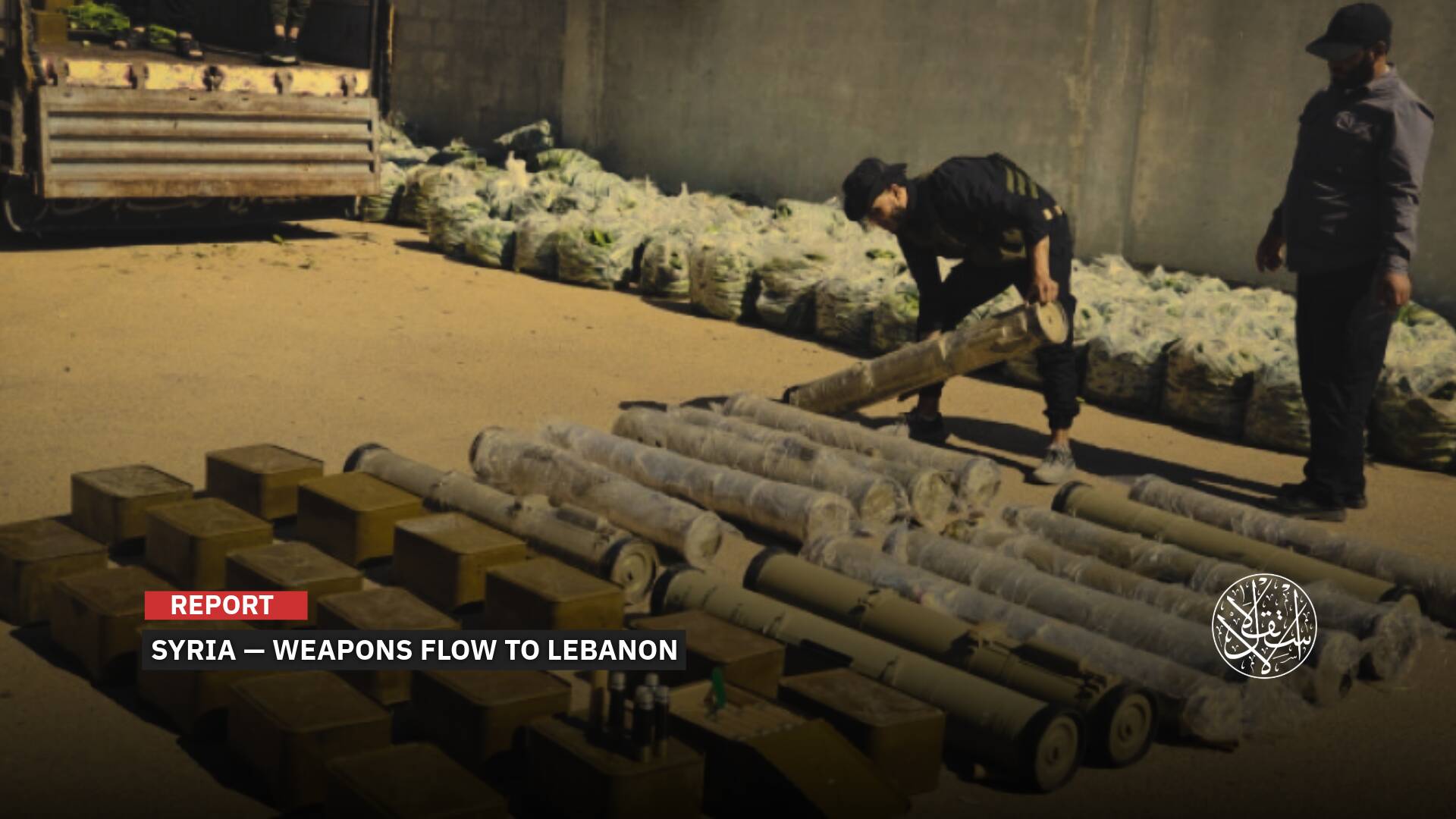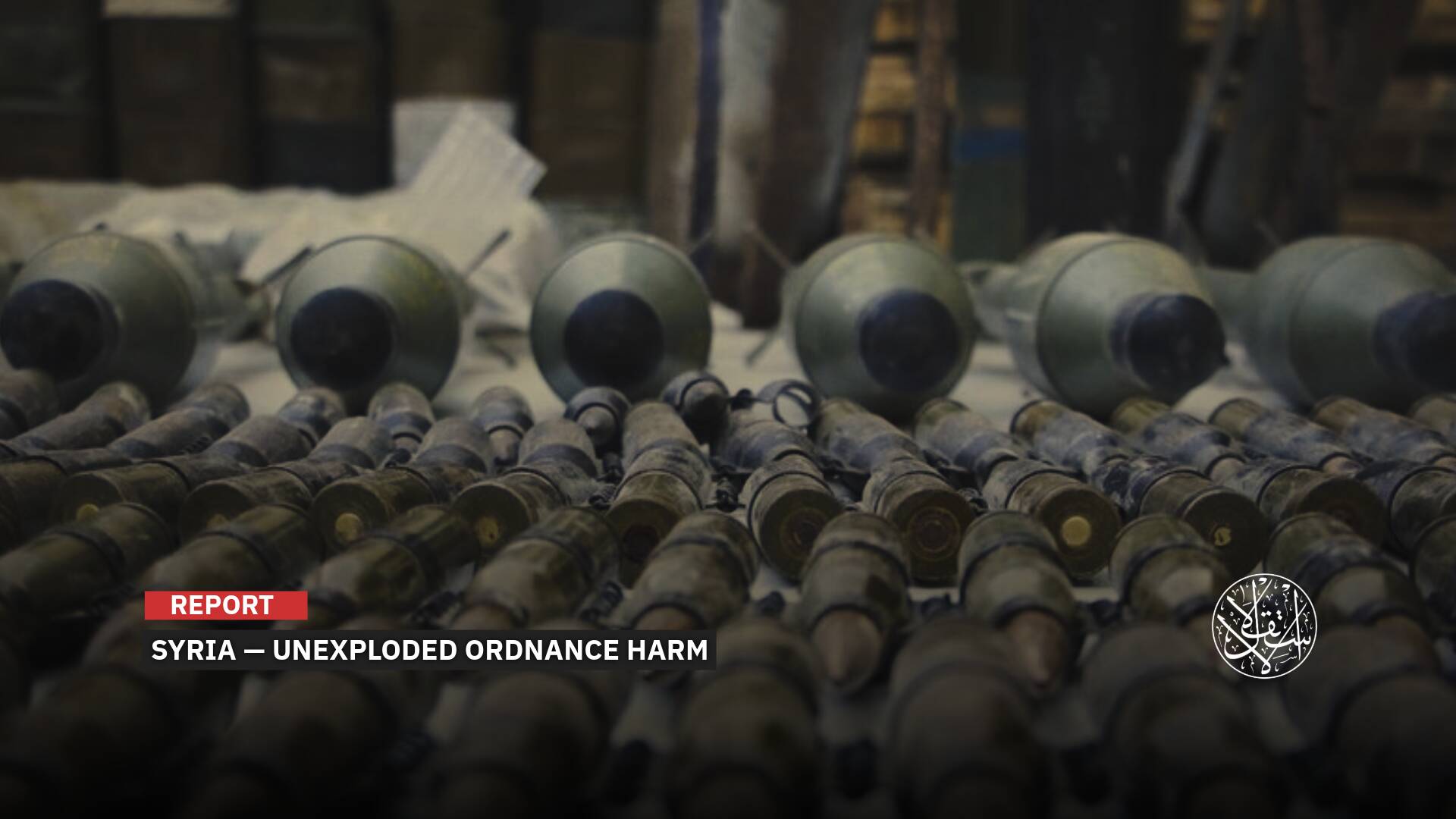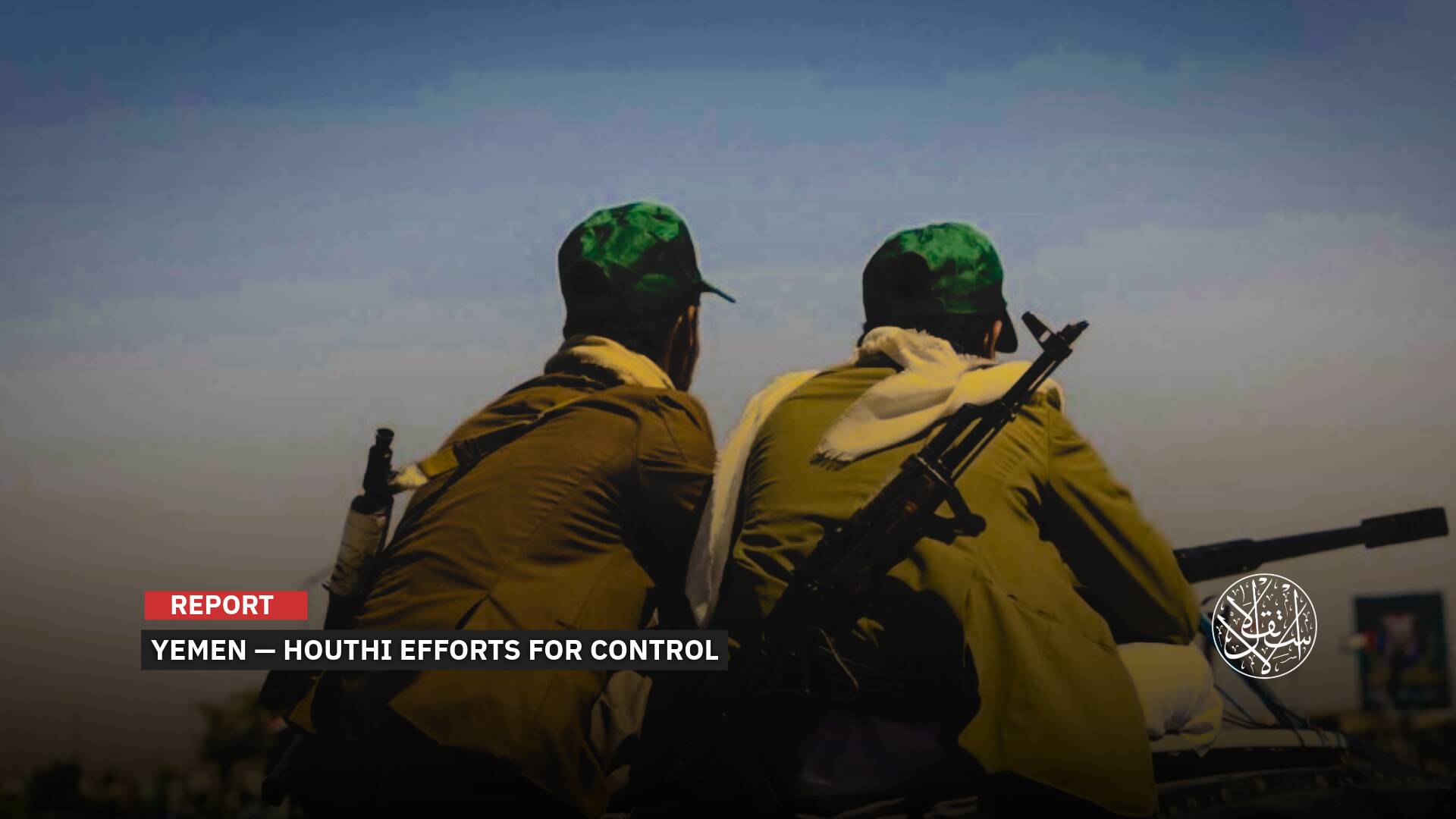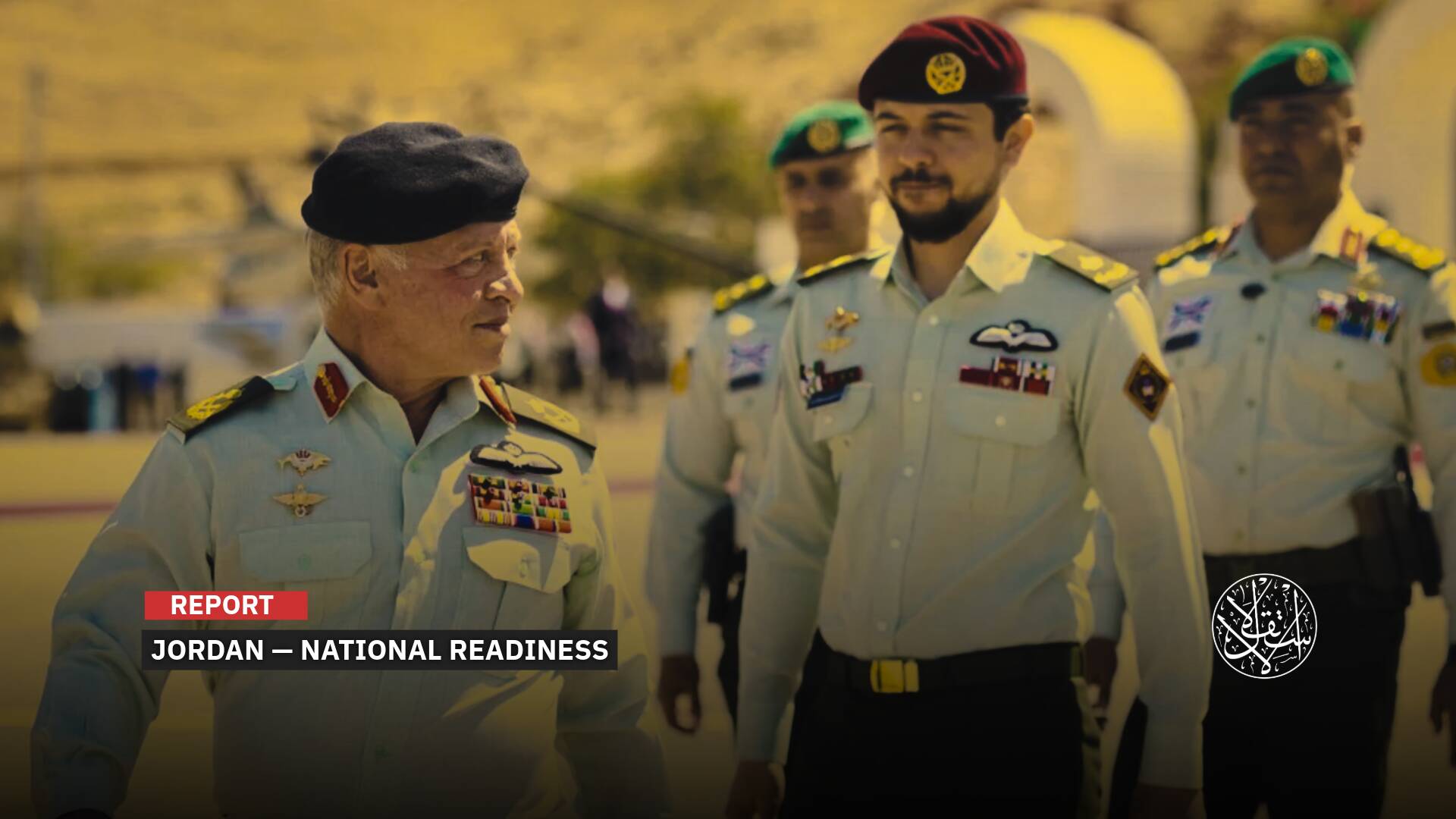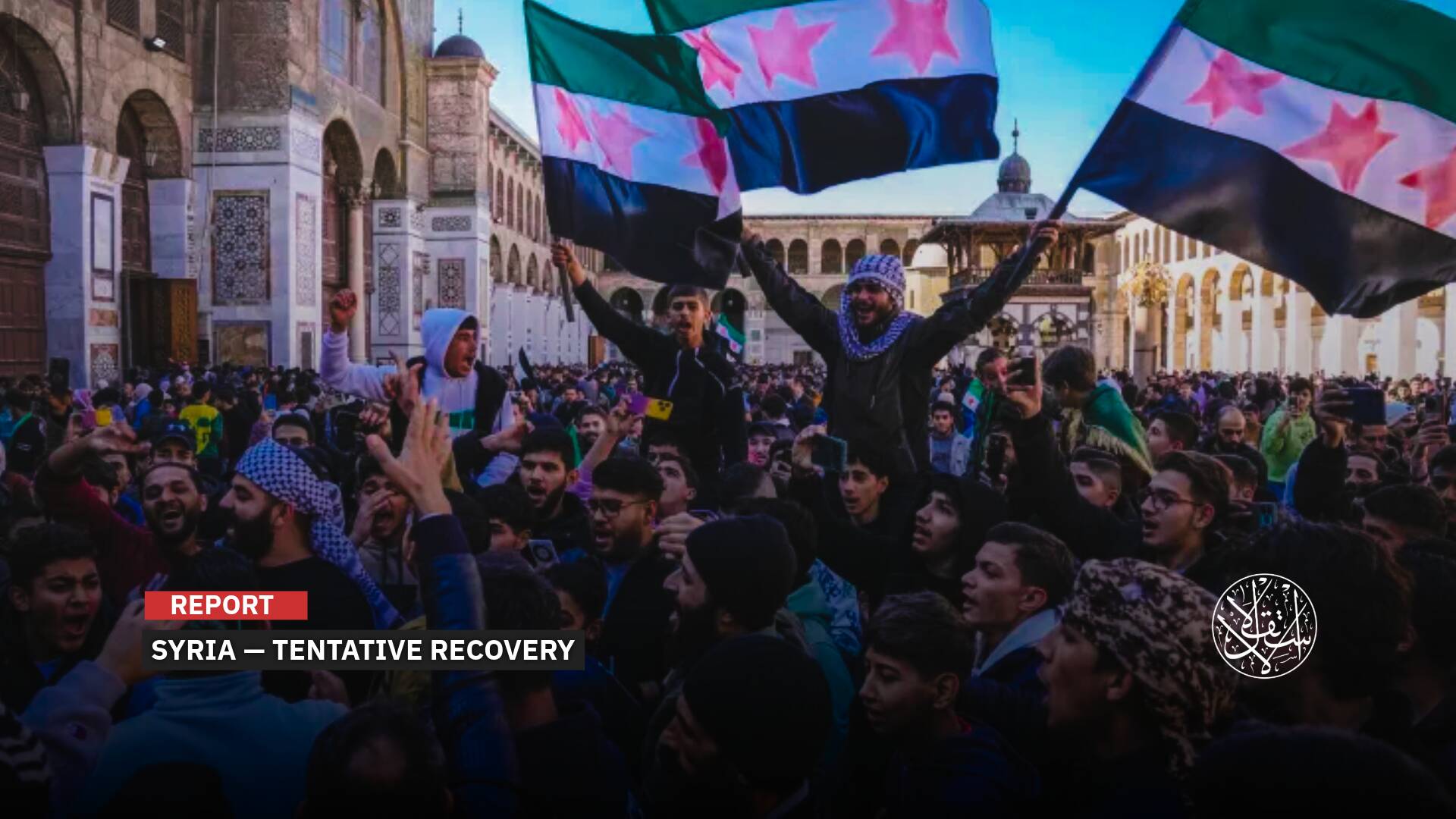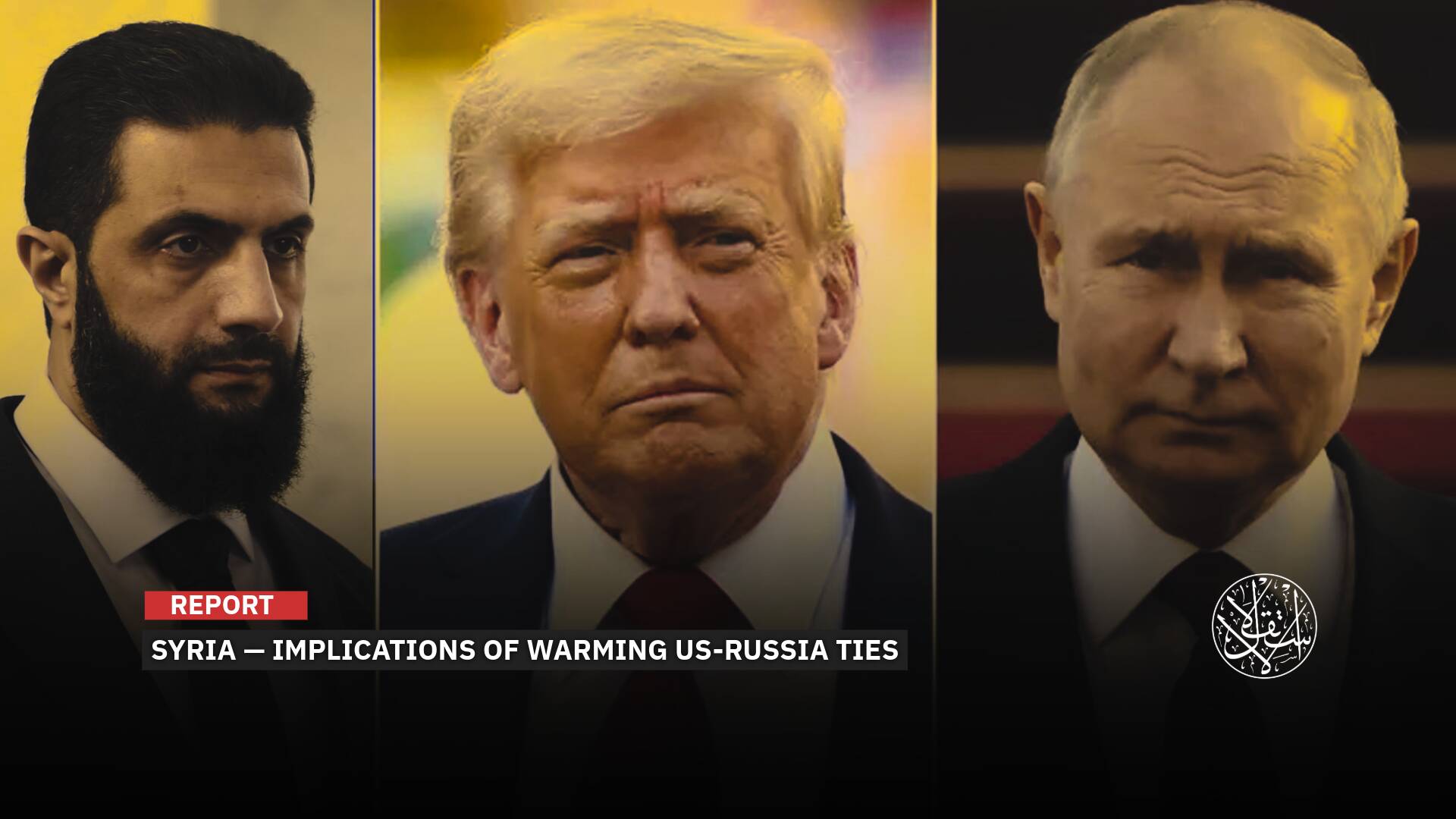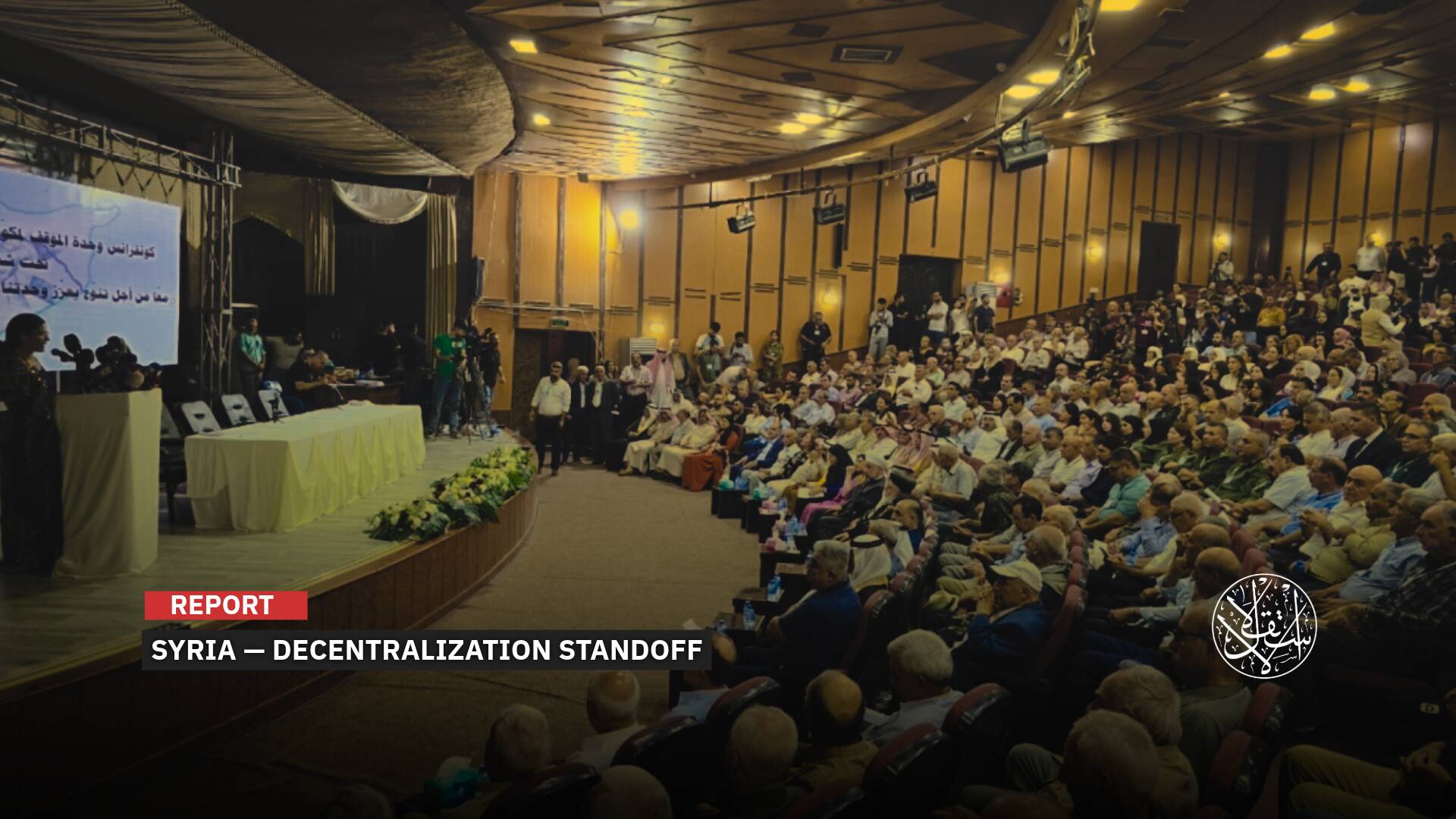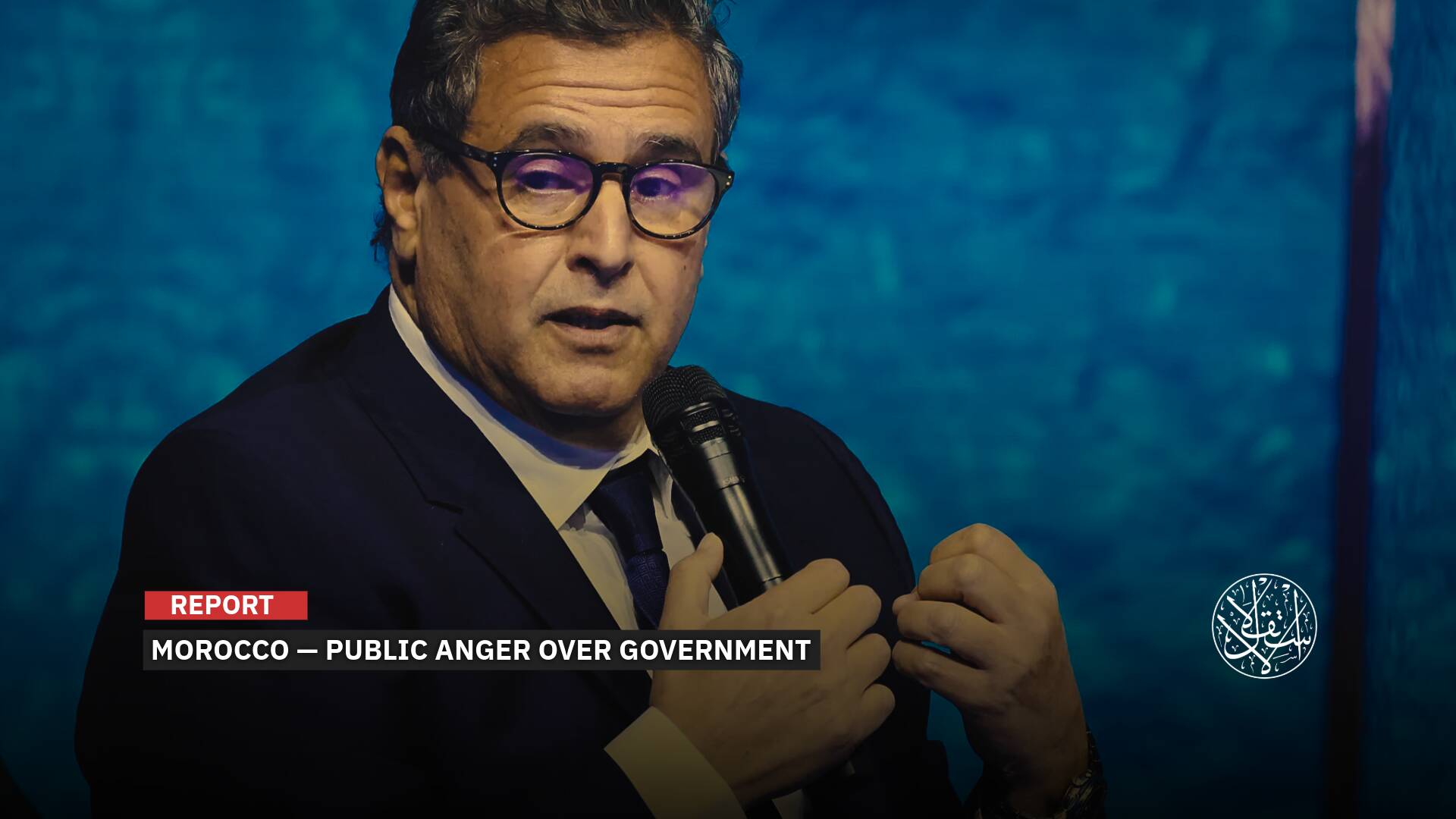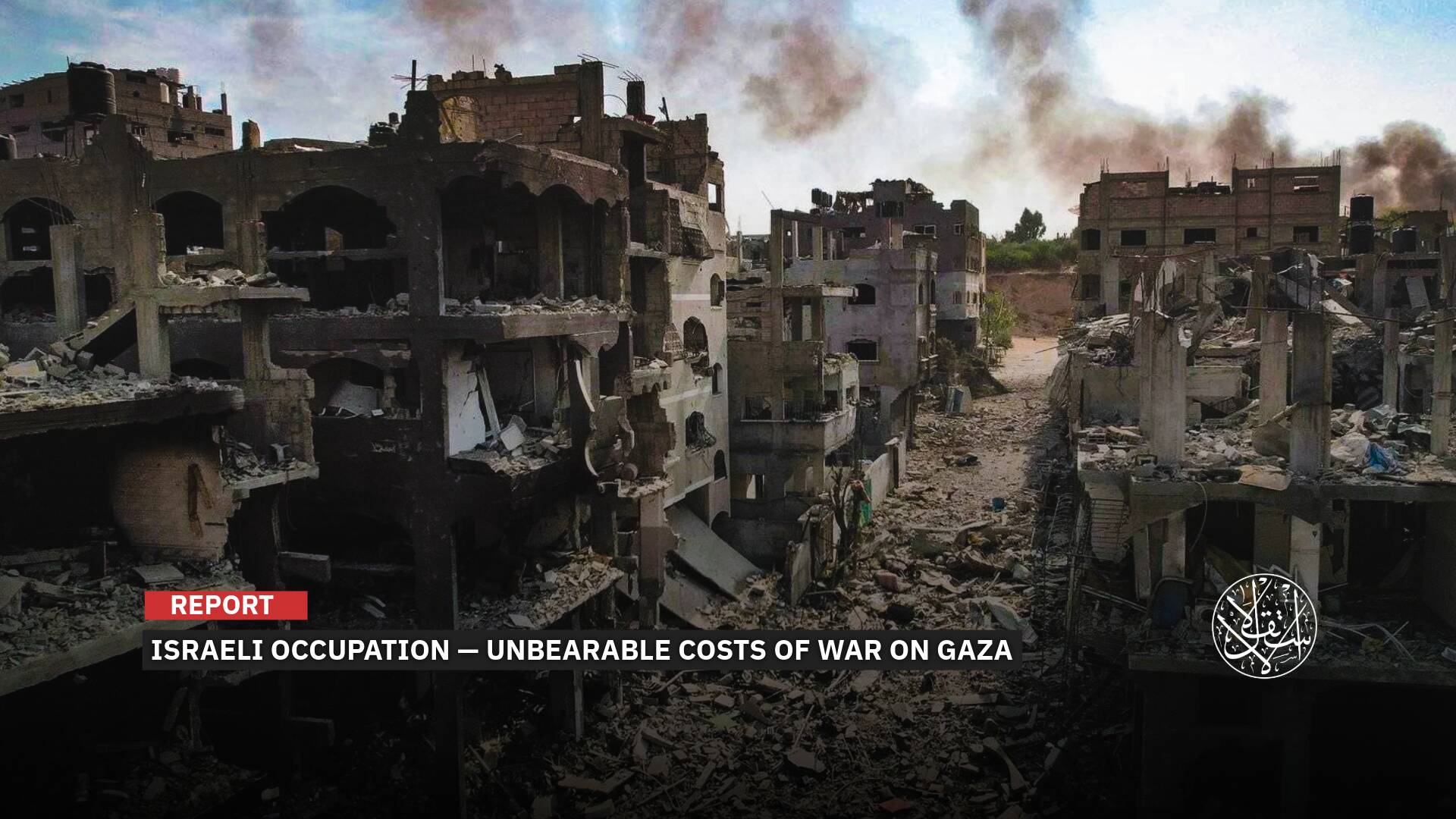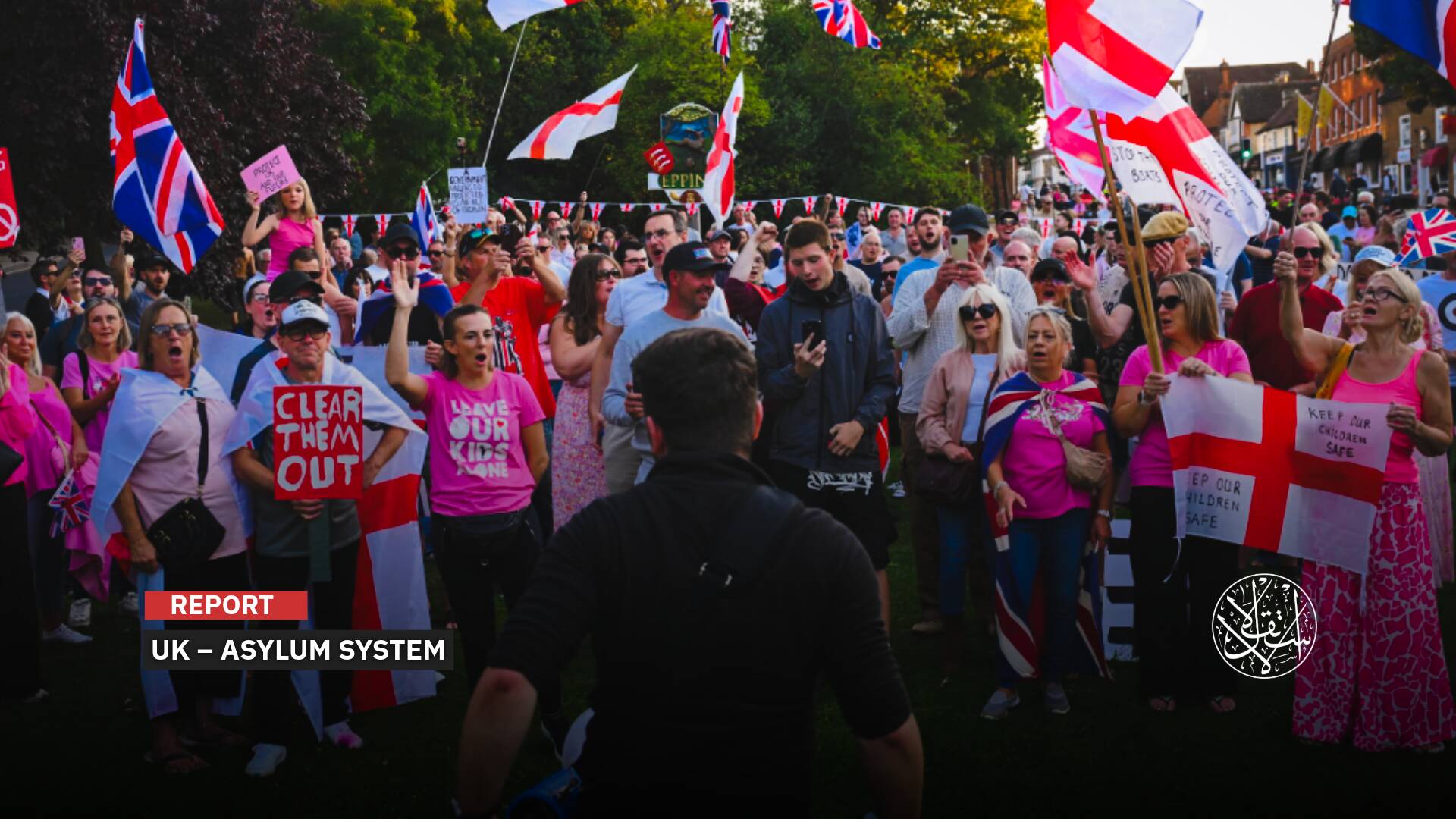Between Supporting Putin and Zelenskyy, Will a Civil War Erupt Between the Chechens?

While Chechen President Ramzan Kadyrov was massing his soldiers within the Russian army to fight Ukraine, another group of Chechen Muslims was lining up with the Ukrainian army to fight the Russian invaders, renewing events of the past between supporters and opponents of Moscow.
Since the success of Russian President Vladimir Putin in occupying Chechnya in 2000 and subjugating its government by force and bribing the family of Akhmad Kadyrov, and his son, the current president, Ramzan, Chechnya has been divided between pro-Russian and anti-Russian opponents.
Among the thousands of volunteers who came to fight alongside the Ukrainians, after an invitation from President Volodymyr Zelenskyy, were Chechen fighters from the opposition, who demanded the independence of Chechnya and refused to be loyal to Putin.
These volunteers found in the Russian invasion of Ukraine an opportunity to settle their scores with Russia and its proxy, Ramzan Kadyrov, who has ruled the country with an iron fist since the second Chechen war, and controls the flaming internal situation between supporters of Russia and other forces calling for independence.
The Chechens had found, in the Crimean crisis and the separatist region of Donbas in 2014, the appropriate opportunity to transfer their internal conflict to eastern Ukraine, and formed groups to fight alongside the Ukrainian forces.
Now they have returned to participate again in the Ukraine 2022 war against Putin's forces and their supporters from Kadyrov's forces, whom they describe as a "traitor.”
This fighting between the Chechens, on a land outside their country, brought up the thorny file of their country and the conflict between supporters of independence from Russia and the Kadyrovites, which sparked a third Chechen war, but this time on the territory of Ukraine.
The First Spark
During the second Chechen war that broke out in 2000, coinciding with Putin's accession to power, the Chechens divided into two groups, the first represented by Ramzan Kadyrov, who laid down arms and surrendered to Russian influence, and the other decided to continue the war to gain independence from Russia.
Kadyrov was not satisfied with being loyal to Russia, but he turned into a warlord obeying the orders of the Kremlin’s master, and began to pursue the cells of the Chechen resistance, vowing to hunt down all opponents of Russian influence inside and outside.
Over time and thanks to the Russian military and intelligence support, Kadyrov tightened his control over the country and tried to kink the opposition, that most of its elements had moved abroad, and found the opportunity with the outbreak of the Russian-Ukrainian crisis to fight Putin and Kadyrov together.
While Russia aspires to control the Ukrainian capital, and replace its president, Volodymyr Zelenskyy, with a loyal president, like the Chechen president, Ukraine will become a new version of Chechnya and a new loyal country, which the Kremlin subjugates by force after suppressing its rebellion militarily.
Although there are great similarities between the Russian invasion of Chechnya in the 1990s and the invasion of Ukraine in 2022, and the Russians using the same methods of destruction, this time the battle is paradoxical: Chechnya is involved with the attacking and defending forces.
Thomas de Waal, a journalist who covered Chechnya in the 1990s, confirmed to NPR on 12 March 2022 that there are many disturbing similarities between the two invasions.
“There was a project to return Chechnya to Russian control, and now in 2022 the same project is being implemented to return Ukraine to the Russian sphere of influence," de Waal said.

Russia launched two wars against the Islamic Republic of Chechnya from 1994 to 2000, to prevent its independence, and in both wars, it bombed it heavily, which led to the settlement of the buildings of the capital Grozny to the ground and the killing of tens of thousands of civilians.
In the First Chechen War from 1994 to 1996, Russia unleashed a major invasion marked by relentless air strikes and heavy artillery fire, but was unable to break the Chechens.
In 1996 the government of then-Russian President Boris Yeltsin signed a peace treaty with Chechnya, withdrawing Russian forces from the region and granting the small republic extensive autonomy, but without formal independence.
Three years later, when Yeltsin was about to leave office, he appointed a mysterious KGB member, Vladimir Putin, to be his prime minister.
Putin assumed this position on August 9, 1999, and by the end of that month, Russia was waging its second war in Chechnya with a violent bombing campaign against the independence seekers.
The second war was brutal, too, but it was much more effective as Putin continued to repress and kill to prove to the world his presence in his new position, and Russian forces eventually took control of the breakaway republic just a few months later.
In March 2000, the victorious Putin, who by this time had become president, flew to Grozny on a Russian fighter plane, and got out of the plane in a full pilot's suit to commemorate the victory or the demolition of Chechnya over the heads of its people.
Putin installed a new Kremlin-friendly leader for the presidency of Chechnya, Akhmad Kadyrov, to consolidate his control over the region, and after Kadyrov's father was assassinated in 2004, in a bombing claimed by opposition leader Shamil Basayev, his son Ramzan took over Chechnya until now.
Chechnya in Ukraine
Ramzan Kadyrov was not satisfied with sending his forces to support Putin in Ukraine, but he went himself, and spread a big propaganda about his presence there with his forces to fight what he calls "nationalists" in Ukraine, even though his country was fighting the Russians to gain its national independence as well.
On March 13, 2022, Kadyrov announced that he was a few kilometers from Kyiv, and the next day he posted a video on his Arabic Twitter account claiming that he is in a basement inside Kyiv where he plans with his forces to take over the capital.
While Kadyrov's forces poured into Ukraine, two other Chechen battalions, Dzhokhar Dudayev and Sheikh Mansur, began to fight back against the Russians and loyal Chechens.
This came after Akhmed Zakayev, the leader of the separatist Chechen government-in-exile, announced its participation in Ukraine's war against Russia.
The first battalion bore the name of the late Chechen president Dudayev who was killed in a Russian air raid in 1996, and is led by Adam Osmayev, Deputy General Issa Munif, the former commander of a Chechen military group that participated in the first Russian-Chechen war and was killed in Donbas in 2015.
Osmayev, a Chechen educated in Britain and spent two years in prison in Odessa, accused of plotting to assassinate Vladimir Putin, and then released.
The second battalion, Sheikh Mansur, is mainly active in southeastern Ukraine, especially in the besieged city of Mariupol, and they previously fought against Russian-backed forces in 2014 and 2015.
Osmayev appeared in a recent video, saying in a speech to the people of Ukraine: "I want to assure the Ukrainians that the real Chechens are defending Ukraine today."
He added: "These puppets [Kadyrov's forces] who are fighting for Russia are a disgrace to our entire nation, and we consider them just traitors."
Ukraine-based journalist Neil Hauer asserts that Osmayev, an eight-year veteran of Donbas, has his own deep personal reasons for this battle. His wife, fellow Chechen resistance Amina Okueva, was killed in a bomb attack outside Kyiv in 2017.
Chechens Fighting Chechens
Hauer wrote in Newlines on March 3, 2022, that he had received leaked recordings in the Chechen language showing that the Chechens were fighting against each other in Ukraine.
He stressed on March 3, 2022, that "the messages reflect the heavy losses suffered by Kadyrov's forces and Russia in general, including a man's talk from a military hospital about dozens of Russian and Chechen casualties who were killed by Turkish Bayraktar planes."
In one message, the man says in a weak voice: "At least 70 people were badly burned, many were killed,” and in another audio message he describes how dozens of Kadyrov's forces were killed and wounded in an ambush.
He added in the recording: "Those [who killed Kadyrov's forces] must have been Chechens as well, but on the other side of the opposition, that is, among the forces of Ukraine, because they ambushed us, as in Grozny in 1995."

One of the fighters in the Sheikh Mansur Brigade confirmed to Hauer that “his duty is to fight on the side of Ukraine against the traitors of Kadyrov's forces.”
“No real Chechen can fight for Russia, this country that has killed us for 300 years,” said the fighter, who called himself "Muslim."
He stressed that "the majority of those who fight with Kadyrov are forced, beaten, and their families threatened, so that they are forced to serve Russia."
He added that he and other members of the Sheikh Mansur Brigade are on the front lines in Kyiv, fighting Russian forces trying to penetrate the capital.
The commander of the Sheikh Mansur battalion, who also called himself "Muslim,” said in a previous report to The Guardian on July 24, 2015, that the battalion had a more explicit Islamist tendency, and that he had spent two decades fighting the Russians in Chechnya.
He emphasized that his movement participated in two wars for the independence of Chechnya, and later as part of a "secret movement" that carried out many attacks against the Russians "because they killed 30 percent of our Chechen Muslim nation of civilians."
'Marriage of Convenience'
Aurelie Campana, professor of political science at Laval University in Canada, confirms in an article for The Conference website on March 18, 2022, that Putin is using Chechen fighters in Ukraine for "psychological reasons" against the Ukrainians.
She said that the failure of the Russian military strategy due to the Ukrainian resistance made Moscow lose the psychological war, and then it seeks to exploit the same psychological element by announcing the entry of "terrifying" Chechen forces as propaganda to destabilize the Ukrainians.
She explained that Kadyrov's forces (Kadyrovites) specialize in working in occupied cities, and they are known for the cruelty and violations they practiced in Chechnya itself, in the Donbas region in 2014 and in Syria, where some of their soldiers are still deployed there under the allegiance of Russia's Putin.
Campana indicated that Russia's announcement that Chechen forces had entered Ukraine and spread rumors that they had been assigned a specific mission to kill President Zelenskyy, "aimed at spreading fear in the hearts of Ukrainians."
For its part, The Wall Street Journal saw that "Kadyrov and Putin are exchanging benefits by deploying Chechen forces in Ukraine."
It explained that by supporting Putin, Kadyrov is sending a message to the Chechen interior and its opponents that he is deeply allied with the Russian state, to remind them that he has the fighting power to deter them.
On the other hand, Putin conveys a message of intimidation to the Ukrainians that the "tough and fearsome" Chechen fighters, and experts in urban battles are capable of defeating you.

This explains why the Russian media paid great attention to the Chechen forces, and covered their movements, training and prayers in the forests before entering Ukraine, claiming that their number ranged between 10,000 and 70,000 fighters.
Moscow used the pictures of these Chechen fighters to reinforce the Ukrainians' fears of engaging in military confrontations, and Putin's messages revolved around that "the fate of Ukraine will not differ from the fate of Chechnya, sooner or later the Russians will establish their control."
The stories of the Western press are already contributing to the intimidation of Ukrainians from the pro-Russian Chechen fighters.
On March 16, the reporter of Columbia Daily Spectator said that according to those who fled from the Kiev suburb of Bucha, Chechen fighters were firing machine guns even at children.
"There are horrific stories about Kadyrov's men and how they castrated prisoners of war," a woman with her family still living in Donbas said.
Muhammad al-Sharqawi, a professor of international conflict resolution, says that Kadyrov's position cannot be interpreted as only blind support for the Kremlin, but rather as a marriage of convenience by exploiting the current war to defeat the Chechen opposition forces abroad, considering the Ukraine crisis an important opportunity for strategic investment in their relations.
Sources
- Chechens Fighting Chechens in Ukraine
- Chechens fighting in Ukraine: Putin’s psychological weapon could backfire
- Chechen opposition in the face of Kadyrov's soldiers.. Chechen civil war is ready at Ukraine's borders [Arabic]
- Russia's wars in Chechnya offer a grim warning of what could be in Ukraine
- Putin Turned to a Chechen Warlord to Intimidate Ukraine. It Hasn’t Worked.
- 'We like partisan warfare.' Chechens fighting in Ukraine – on both sides


